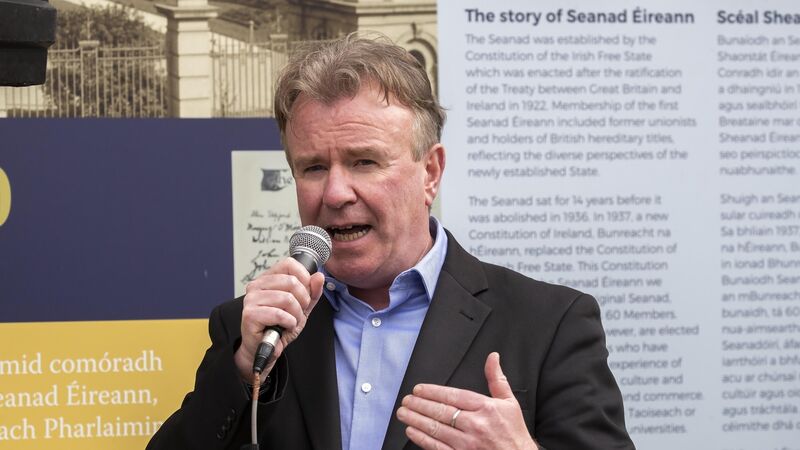Bill to give people with disabilities access to vital treatments passes crucial vote

Senator Tom Clonan, who proposed the bill, said it was 'a moral victory' that it passed to second stage, moving one step closer to becoming law and better protecting some of Ireland’s most vulnerable citizens. Picture: Colin Keegan/Collins
A new law to secure rights of people with disabilities to vital treatments passed a crucial vote in the Seanad, despite Government attempts to “kill” the bill.
Independent Senator Tom Clonan who proposed the bill, said it was “a moral victory” that it passed to second stage, moving one step closer to becoming law and better protecting some of Ireland’s most vulnerable citizens.













